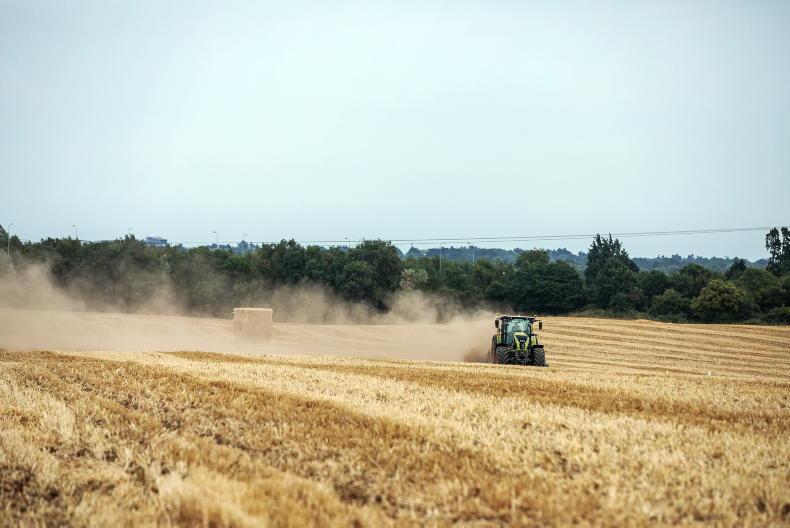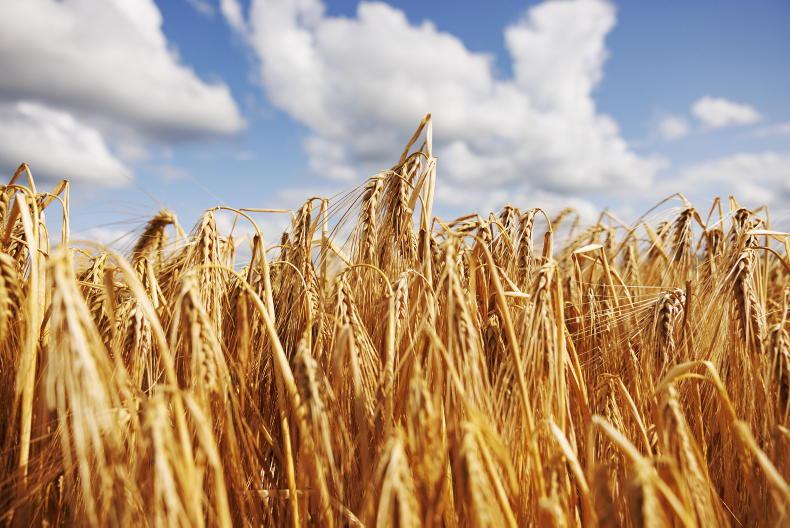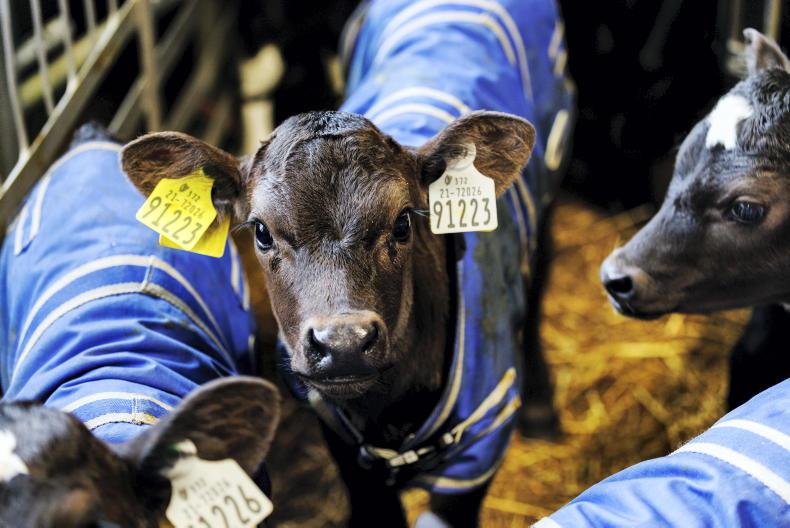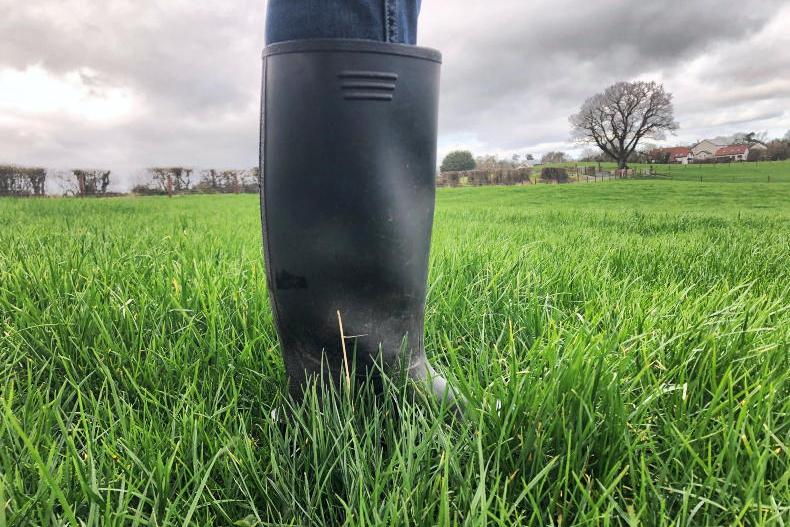Broken spell
This week last year was also a broken spell of weather, so hopefully this one will turn out as good. There has been a lot of cutting done up to last weekend and there are now many more crops ready to be harvested.
This goes for winter barley and oats in the northwest and winter oilseed rape up and down the country. There are also many spring barley and winter wheat crops ready for cutting when an opportunity arises.
Brisk breezes and occasional sunshine will probably see many more crops harvested in the early days of this week.
Excluding winter barley, most crop reports appear to be good so far. Winter oats has surprised many growers given that the year was tight for moisture at times, and yet many crops yielded either side of 4.0 t/ac. Grain quality is good but not exceptional.
There are some exceptional winter wheat yields already, with some growers reporting nearly all five tonne plus crops and up to 5.5 t/ac at moisture levels in the mid to high teens.
Oilseed rape seems to be having a record year overall with some really high yields but very few low yields reported. The crop has been remarkably variable in its maturity.
Stubbles
It is great to see so many stubbles cultivated but they have made a real mess of the nitrates regulations. Many winter barley stubbles have been cultivated which will be sown to winter oilseed rape within the next 2-4 weeks.
They may not even be green by the time the next crop is planted. The regulation now says that it is not essential to cultivate where a winter crop is to be sown before 31 October.
While cultivation is still good practice, this change in the rules is what makes farmers despise regulations.
It is one thing to cultivate to help kill slugs and encourage weeds seeds to germinate but its another thing to do it because you must and then to be told that it is no longer necessary.
All of these points in the new rules were argued on practicality grounds, but ignored, during the initial establishment of the regulations.
They were only considered when stubble birds were seen as a priority. Bad regulations can have a primarily negative effect and this is a case in point.
Catch crops
Where spring crops are to follow stubbles, there is a lot to be said for establishing a catch crop, partly to prevent nutrient loss but also to improve the land you are farming.
They do make a difference, and the earlier they are sown the greater the benefit for both objectives. They are an investment in the future productivity of your land.
By soaking up nutrients they act as a fertility builder through catching and releasing nutrients, and helping soil health by providing organic matter to feed the life in the soil.
Just be careful when loading them with organic manures which can drive excess vegetation and can cause establishment difficulties for the following crop.
Choose the species to plant with respect to your rotation, time of planting, time in the ground etc. Rolling post seeding will help the uniformity of germination and establishment.









SHARING OPTIONS